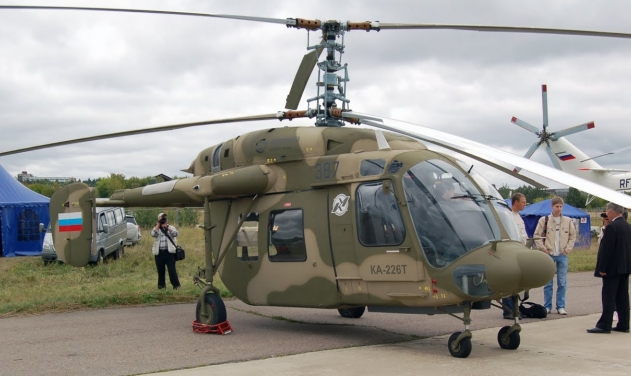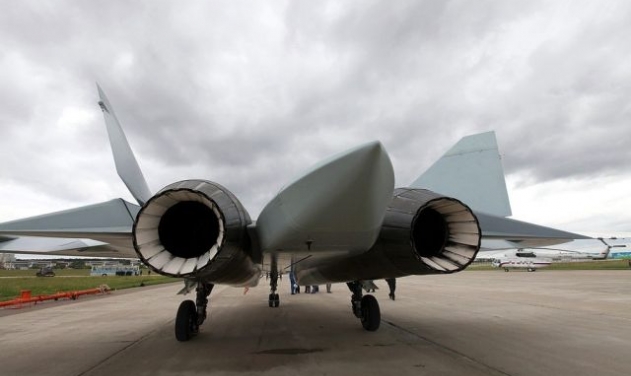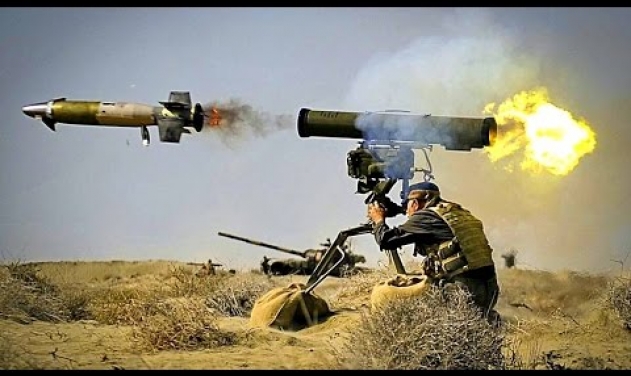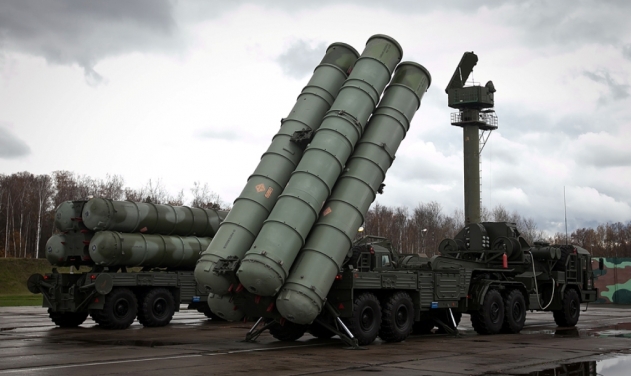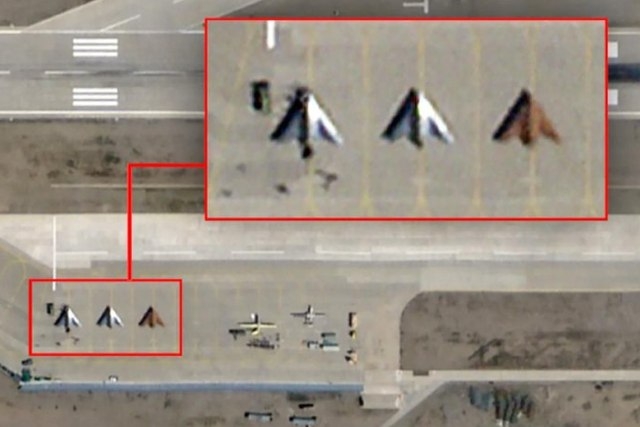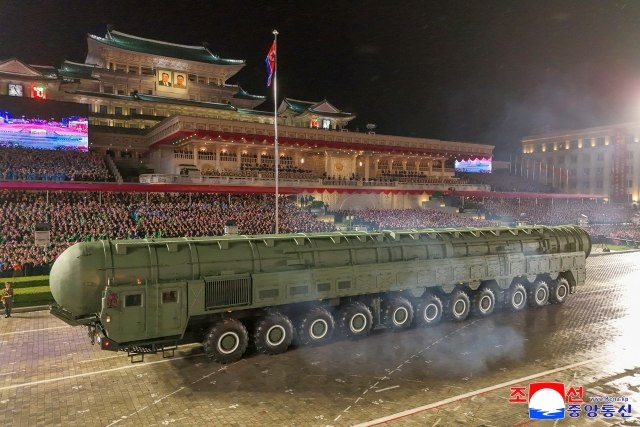Russia, Turkey Support Safe Zones Creation In Syria
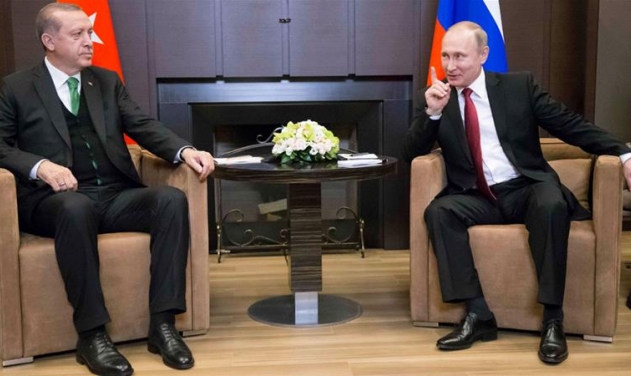
Russian President Vladimir Putin and his Turkish counterpart Tayyip Erdogan have voiced support for the idea to create safe zones or de-escalation zones in Syria during a meeting in Sochi, Russia Wednesday.
Both the governments noted that it should lead to further pacification of the parties and to the strengthening of the ceasefire regime. The creation of safe zones was a proposal backed by the U.S. President Donald Trump.
"This issue on safe zones is the most important one (at talks) in Astana. I hope that a decision on creating de-escalation zones will be adopted to secure further settlement," Erdogan said.
"We all believe that it is necessary to create mechanisms which would guarantee stopping the bloodshed and creating conditions for political dialogue. In this sense, our position coincides fully with that of the Turkish president," Putin said.
As to the chemical weapons attack in Syria's Idlib Province in early April, Putin and Erdogan agreed that those responsible should be brought to justice, in spite of previous divergence over who was to be held accountable.
"Absence of bloodshed is the most important condition of the start of the dialogue between the conflicting parties. This process should lead to the full restoration of the territorial integrity of the Syria and creation of a unified government, independently of the positions of the political forces existing today. They should unite in the interests of the Syrian people." Putin said.
Moscow and Ankara have also agreed on a decision to lift mutual trade restrictions during the meet. Restrictions in all trade areas will be lifted except for the ones on tomato imports from Turkey, which will remain for the time being until Russian agricultural producers recover relevant investment and the tomato growing industry is on track.
"This (tomatoes) is a temporary measure to which we have agreed. As far as other issues are concerned, we have also come to an agreement. So we can say that the normalization period has been completed." Erdogan said.
The ban on visa-free travel of Turks will also continue for the moment, due in particular to "the necessity to strengthen cooperation between our special services in condition of an increase of the terrorist threat", Putin added.
The two leaders reached agreement on a number of topics such as the joint investment fund of $1 billion, the TurkStream project, Akkuyu nuclear power plant and tourism.
Russia introduced bans on many commodities amid escalated tensions between the two countries after Turkey shot down a Russian warplane near the Syrian border in November 2015.
In Response, Turkey imposed a prohibitive import tariff on Russian exports of wheat, maize and sunflower oil, of which Turkey is a major buyer.
